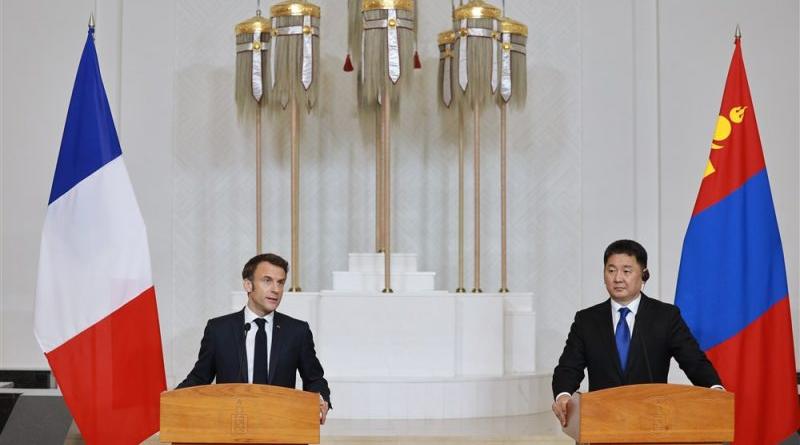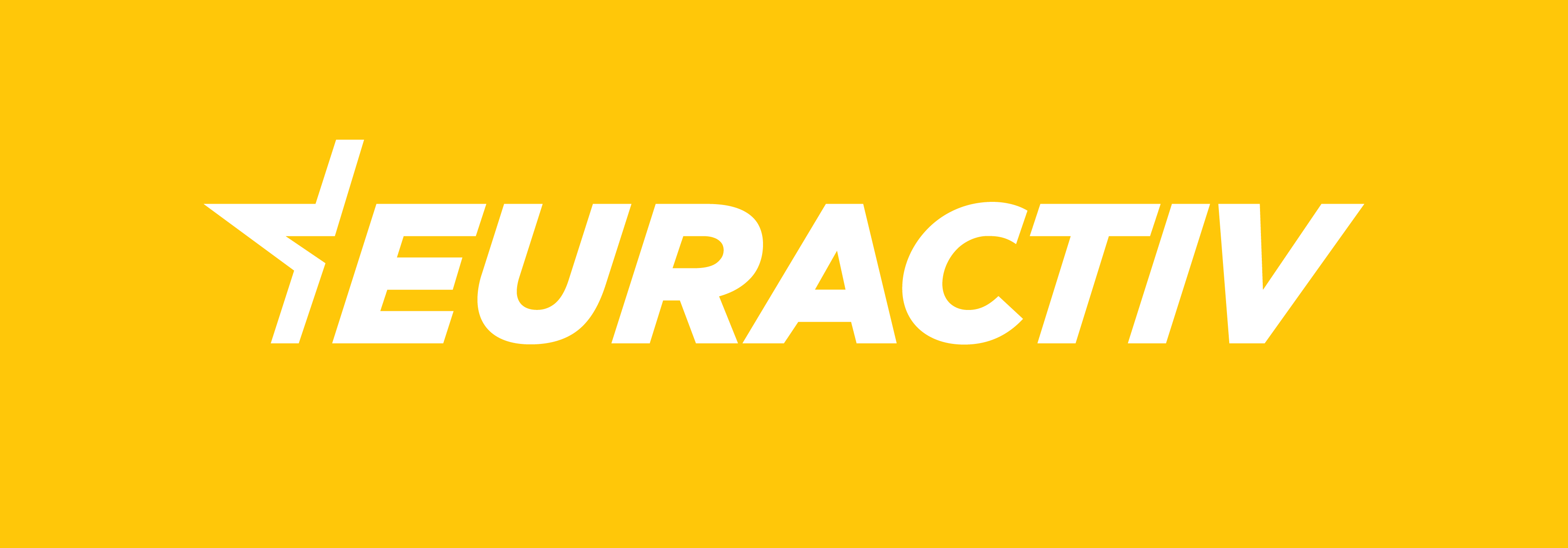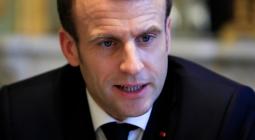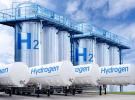Macron banks on uranium from Mongolia, offers help with climate targets

French President Emmanuel Macron expressed interest in helping Mongolia in its de-carbonisation strategy at a press conference in Ulaanbaatar after attending the G7 summit in Japan, as France hopes to acquire uranium from the country, rich in natural resources and sandwiched between Russia and China.
Mongolia is a resource-rich country with abundant mineral resources of coal, copper, gold, zinc, rare earth elements and multiple other ores. Since the fall of the Soviet Union in 1990, the country has engaged in a democratisation process yet remains heavily reliant on neighbouring countries, mostly China, to whom it sends 86% of its exports, mostly coal.
Mongolia is looking to “diversify its partnerships to be more robust and able to deal with its large Russian and Chinese neighbours,” said a source from the Elysée, AFP reported.
Paris is seeking to “loosen the constraint exerted on Russia’s neighbours” and open up their choice of options, the source said, noting that Mongolia can also be part of European efforts to diversify supplies “to guarantee our energy sovereignty.”
“We decided to work together to boost our energy sovereignty through the supply of critical metals from your country, which has this resource,” Macron told a news conference alongside Mongolian President Ukhnaagiin Khurelsukh, who called France its “third neighbour”, Reuters reported.
Macron added that a partnership with nuclear group Orano, which is developing a uranium mine in Mongolia, is key.
To accelerate its ecological re-industrialisation centred around nuclear energy, the French government is also banking on a joint venture between French nuclear power company Areva and the Mongolian company Mon-Atom, holding a 66% stake. The joint venture has obtained three mining licenses to exploit uranium deposits.
Regarding environmental targets, Macron expressed a keen interest in helping Mongolia – which relies on coal for up to 90% of its energy production – transition from its carbon-intensive industries towards greener and more sustainable alternatives. France has internationally recognised expertise in the construction of nuclear power plants.
Macron and Khürelsükh also spoke about their ambition to plant a billion trees each to fight climate change.
While such collaboration would ensure France also invests in the economic growth of a country where a third of the population lives below the poverty line, corruption is still a problem.
While Mongolia came in 66th in the Economist’s 2022 Democracy Index among 167 countries, mass protests and riots occurred in Ulaanbaatar in December after it was revealed that more than €10 billion in coal revenues had been embezzled.
(Théophane Hartmann | EURACTIV.fr)
cover photo:Mongolia is looking to “diversify its partnerships to be more robust and able to deal with its large Russian and Chinese neighbours,” said a source from the Elysée, AFP reported. [EPA-EFE/BYAMBASUREN BYAMBA-OCHIR]







